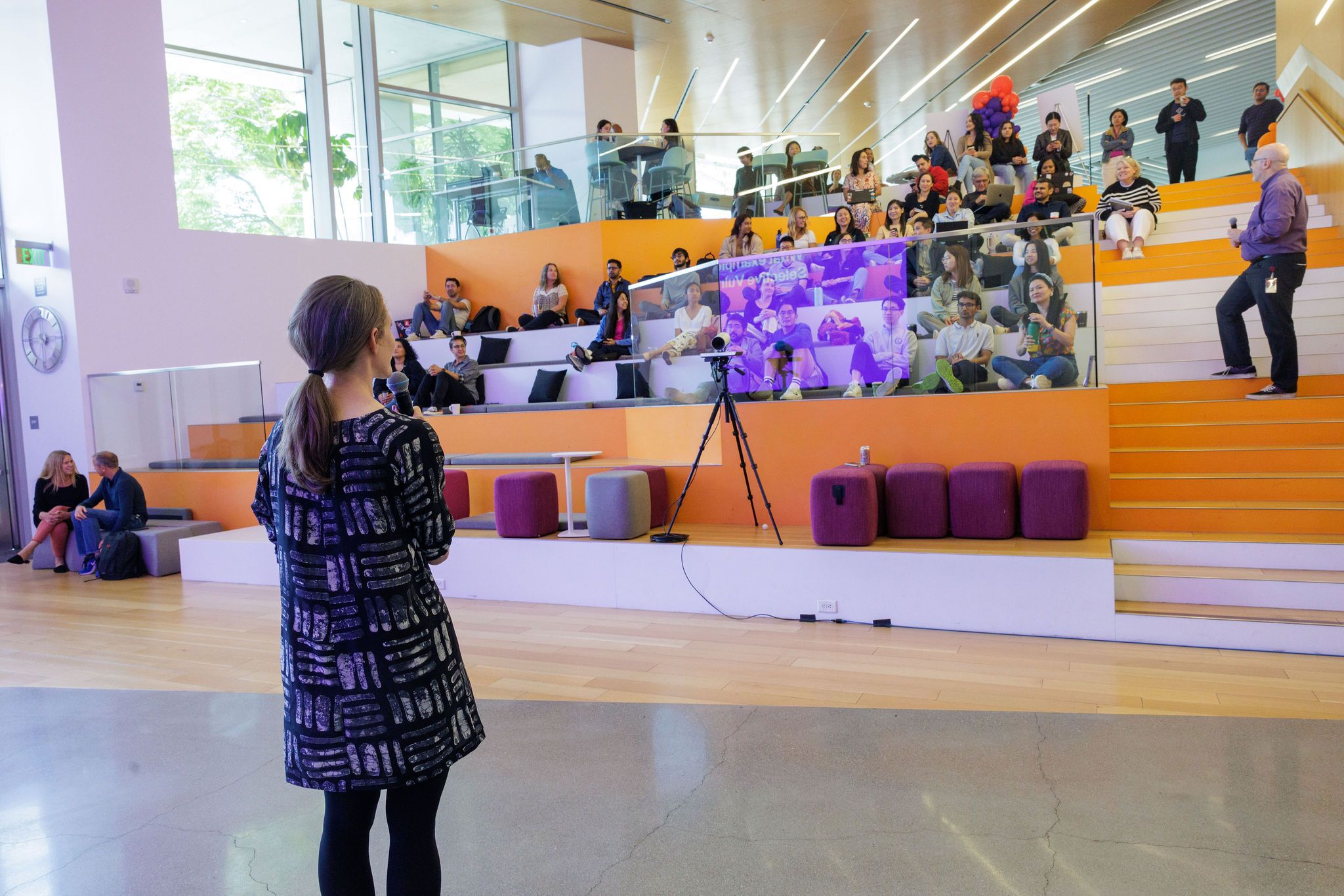
Thought leader Liz Fosslien gives advice on how HR can foster empathy in the workplace

Many employees are not doing well, judging by recent studies [SD1] highlighting rising levels of burnout, stress and heavy workloads.
So how can employers – and HR in particular – step up to recognize and support struggling employees, especially in remote and hybrid work settings?
Liz Fosslien, best-selling author and speaker, provides valuable insights on how to navigate this challenge effectively.
Early intervention through recognizing signs of employee struggle is essential for maintaining employee mental health. Fosslien advises HR professionals to be mindful about sudden performance declines and disengagement; rather than a sudden dislike for the job, these behaviors could indicate underlying problems.
Address these concerns through compassionate conversations that acknowledge an employee's abilities while expressing genuine support.
Fosslien recommends using such lines as: “I've noticed a decline in your performance lately. I just wanted to check in on you and see if there's anything personally affecting your work that I can help you with."

Incorporating personal check-ins into regular one-on-one meetings between managers and employees is an effective way to connect with workers about their mental health. Fosslien suggests dedicating time at the beginning or end of these meetings to ask about the challenges employees may have faced during the week.
By creating a safe space for open communication, employees are more likely to share their struggles.
"Asking that question offers them an opportunity to share what's going on with them,” she said. "Just giving people permission to feel their feelings in the workplace can prevent issues from escalating into severe problems."
Storytelling is a powerful tool for leaders to create an environment where employees feel comfortable sharing their struggles, and emphasizes the importance of vulnerability in leadership — especially during challenging times such as reorganizations or shifts in priorities.
"It’s okay to express emotion. It's been a challenging couple of years. It is absolutely normal for people to feel exhausted, overwhelmed, yanked around,” Fosslien said.
Leaders should acknowledge the emotional challenges and provide avenues for employees to voice their concerns, she said; by normalizing these emotions and sharing personal experiences, leaders can alleviate feelings of isolation and promote open dialogue.

Research indicates that we are indeed facing a mental health crisis in the workplace. Fosslien attributes this crisis to an outdated notion that emotions should be left outside the workplace. Normalizing the experience of emotions at work and equipping employees with the necessary skills to process and address their emotions are crucial steps.
"Speak to that, obviously in a way where you're still preserving stability for the team. You don't want to suddenly burst into tears and say, ‘I don't know how this organization's ever going to get out of this pit.’”
By prioritizing employee mental health and implementing these expert insights, HR professionals[SD2] can foster a supportive and resilient work environment. Empathy, open dialogue, and structural changes are key to promoting well-being, ultimately benefiting both employees and the organization as a whole.